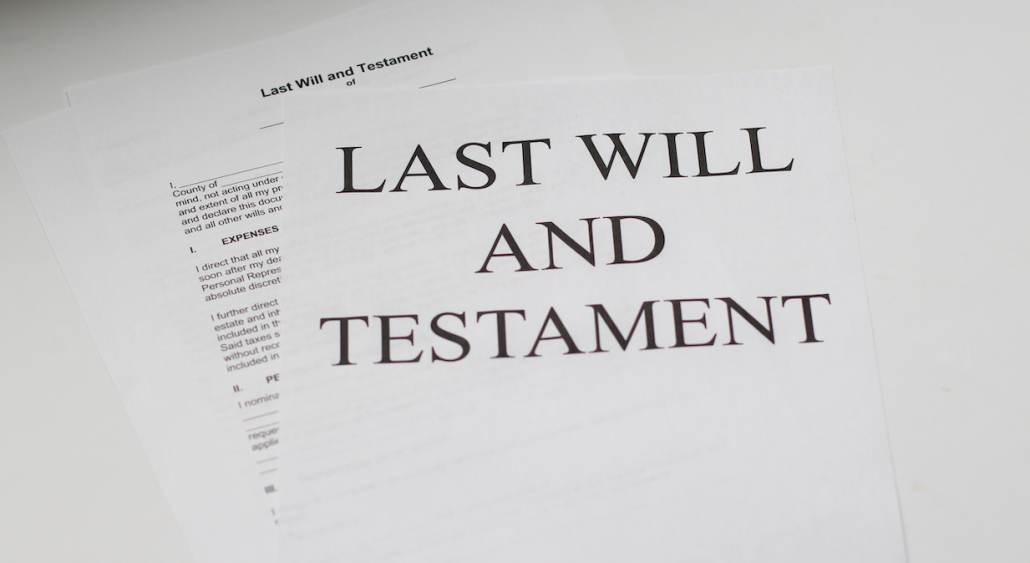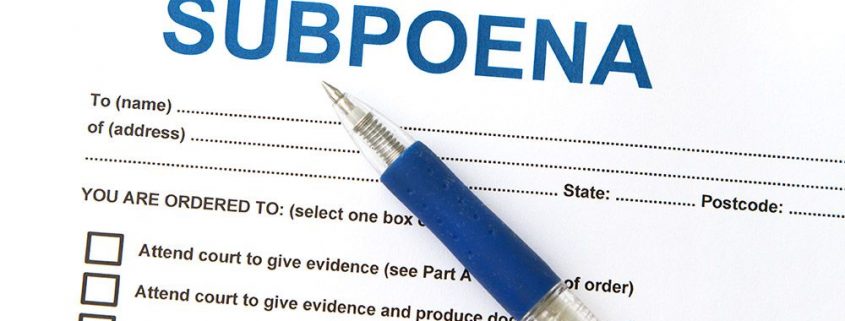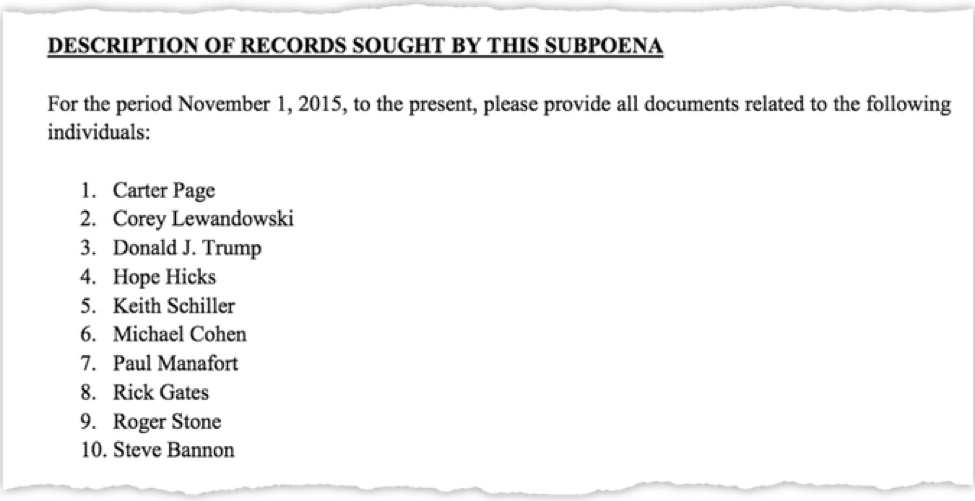If you’re unsure of what a trust is and how it works, you probably don’t have one. And, if you don’t have a trust, you’re not alone. About 57 percent of U.S. adults don’t have an estate planning document like a will or a trust even though they believe having one is important.
What Is a Trust? How Does It Work?
If you haven’t stopped to consider how a trust might help ensure that your wishes are followed and your assets are handled, you could be making a critical estate planning mistake.
A trust is simply a legal agreement among three parties—settlor, trustee, and beneficiary—that provides instructions on how and when to pass assets to the trust’s beneficiaries. Let’s look at the role of each of these three parties, and then delve into how trusts work.
Settlor
A settlor—sometimes called the “donor, “grantor,” or “trustor”—is the person who creates the trust and has the legal authority to transfer assets into it.
Trustee
The trustee is the person who agrees to accept, manage, and protect the assets delivered by the settlor. The trustee has a fiduciary duty to administer the assets according to the trust’s instructions and distribute the trust income and principal according to the rules outlined in the trust document and in the best interests of the beneficiary.
A trustee can be one, two, or more people. A trustee can also be what is known as a “corporate trustee,” such as a financial institution (like a bank) or a law firm that performs trustee duties and charge fees for their services. There are no formal requirements for being a trustee and nonprofessionals frequently serve as a trustee for family members and friends.
Beneficiary
The beneficiary is the person or entity benefiting from the trust. The beneficiary can be one person or entity or multiple parties. Also, trust beneficiaries don’t even have to exist at the time the trust is created (such as in the case of a future grandchild or charitable foundation that has not yet been established).
Trust Property
A trust can be either funded or unfunded. “Funded” mean that the settlor’s assets—sometimes called the “principal” or the “corpus”—have been placed into the trust. A trust is unfunded until the assets are in it (failing to fund a trust is a common estate planning mistake).
Trust Assets
Trusts can hold just about any kind of asset: real estate, intangible property (like patents), business interests, and personal property. Common trust properties include farms, buildings, vacation homes, stocks, bonds, savings and checking accounts, collections, personal possessions, and vehicles.
“Imaginary Container”
Think of a trust as an “imaginary container” that holds and protects your assets. After the trust is funded, the trust property will still be in the same place before the trust was created—your land where it always was, your artwork on the wall, your money in the bank, your comic book collection in the den. The only difference is the asset will have a different owner: “The Jane Jones Trust,” rather than Jane Jones.
Transfer of Ownership
Putting property in a trust transfers it from personal ownership to the trustee, who holds the property for the beneficiary. The trustee has what is called “legal title” to the trust property and, in most instances, the law treats trust property as if it were now owned by the trustee. Each trust has its own taxpayer identification number, just like an individual.
But trustees are not the full owners of trust property. Trustees have a legal duty to use trust property as directed in the trust agreement and as allowed by law. The beneficiaries retain what is known as “equitable title”—the right to benefit from trust property as specified in the trust.
Assets to Beneficiary
The settlor provides terms in a trust agreement directing how the fund’s assets are to be distributed to a beneficiary. The settlor can provide for the distribution of funds in any way that is not against the law or against public policy. The near-limitless flexibility of trusts is a primary advantage for setting one up.
Types of trusts
A joke among estate planners says that the only limit to trusts is the imagination of the lawyers involved. It’s true, though, that the number and kind of trusts are virtually unlimited.
Let’s start by taking a look at the four primary categories of trusts:
Inter vivos and Testamentary Trusts
Trusts that are set up during the settlor’s lifetime are called “inter vivos” trusts. Those that arise upon the death of the settlor, generally by operation of a will, are called “testamentary” trusts. There are advantages and disadvantages to both types of trusts, and how one decides depends upon the goals and purposes of the settlor.
Revocable and Irrevocable Trusts
Inter vivos and testamentary trusts can be broken down into two more categories: revocable trusts and irrevocable trusts. A revocable trust can be changed at any time during the settlor’s lifetime. Second thoughts about a provision in the trust or about who should be a beneficiary might prompt modification of the trust’s terms. The settlor can alter parts of the trust or revoke the entire thing.
Irrevocable Trust
An irrevocable trust is a type of trust that can’t be changed by the settlor after the agreement has been signed and the trust has been formed and funded. The terms of an irrevocable trust can’t be modified, amended, or terminated without the permission of the settlor’s beneficiary or beneficiaries.
A revocable living trust becomes irrevocable when the settlor dies because he or she is no longer available to make changes to it. But a revocable trust can be designed to break into separate irrevocable trusts at the time of the grantor’s death for the benefit of children or other beneficiaries.
You might wonder, “Why make a trust irrevocable? Wouldn’t you want to maintain the ability to change your mind about the trust or its terms?”
Not necessarily.
Irrevocable trusts, such as irrevocable life insurance trusts, are commonly used to remove assets from a person’s estate and thus avoid them being taxed. Transferring assets into an irrevocable trust gives those assets to the trustee and the trust beneficiaries forever. If a person no longer owns the assets, they don’t comprise or contribute to the value of his or her estate and so they aren’t subject to estate taxes upon death.
Revocable living trusts
There is no “one size fits all” trust—different kinds of trusts offer different benefits (and drawbacks) depending on a person’s circumstances. Age, number of children, health, and relative wealth are just a few of the factors to be considered. The most common trust my clients use is a revocable living trust, sometimes referred to by its abbreviation, “RLT.”
A revocable living trust—created while you’re alive and that can be revoked or amended by you—has three advantages over other kinds of trusts:
1. Money-Saving
Establishing a revocable living trust helps avoid costly probate—the legal process required to determine that a will is valid. Probate generally eats up about two percent (2%) of an estate, which can add up to a chunk of change you’d probably rather see go to your beneficiaries.
Avoiding probate also means avoiding other fees, such as court costs, that go along with it.
2. Time-Saving
A revocable living trust not only eliminates the costs of probate, but the time-consuming process of probate as well. Here in Iowa, probate can take several months to a year, or sometimes even longer, leaving beneficiaries without their inheritances until the very end of the probate process. The transfer of assets in a trust is much faster.
3. Flexibility
Don’t want your 16-year-old niece to inherit a half-million dollars in one big lump sum? I agree it’s probably not a good idea.
A revocable living trust offers flexibility for the payout of an inheritance because you set the ground rules for when and how distributions are made. For example, you might decide your beneficiaries can receive certain distributions at specific ages (21, 25, 30, etc.), or for reaching certain milestones, such as marriage, the birth of a child, or graduation from college.

Drawbacks
Despite the significant advantages of establishing a revocable living trust, there are drawbacks people should be aware of
For starters, trusts are more expensive to prepare than basic estate plan documents such as wills. However, the costs associated with sitting down with a lawyer and carefully putting in place a trust is, in my opinion, greatly outweighed by the money your estate will save in the end.
Creating a trust can also be an administrative bother at the start of the process because assets (farm, business, stock funds, etc.) must be retitled in the name of the trust. But, all things considered, this is a small inconvenience that is greatly outweighed by the smooth operation of a trust when you pass away.
You Can Trust me to Talk About the Best Trust(s) for You
Interested in learning more about trusts or questioning if you need one? Feel free to reach out at any time by email, gordon@gordonfischerlawfirm.com, or on my cell, 515-371-6077. If you want to simply get started on an estate plan (everyone needs at least the basic documents in place!) check out my estate plan questionnaire, provided to you free, without any obligation.





















